Spain: New indirect tax on non-reusable plastic packaging
Spain has introduced a plastic tax to contribute to fight against climate change and to protect the environment. It includes an excise tax on non-reusable plastic packaging. The new tax will impact most industrial and consumer products businesses. Exceptions are available for packaging of certain medical products.
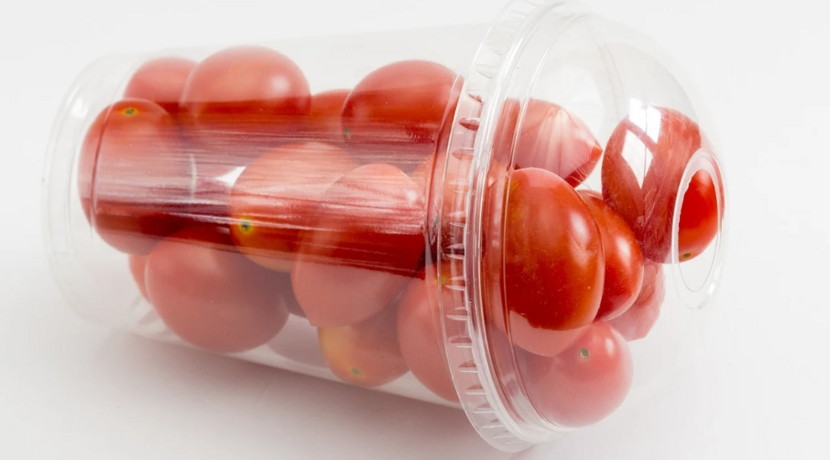
The tax is an indirect (excise) tax with an environmental purpose. It aims to internalize the environmental costs related to the manufacturing and consumption of plastic packaging in the price of final products.
It has far-reaching implications because it does not only affect companies involved in the production or distribution of packaging, but also all importers or intra-Community purchases of plastic packing (with or without content).
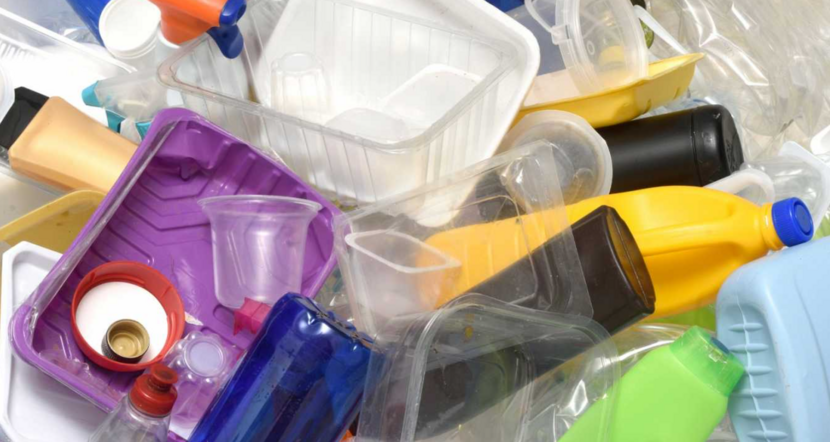
The tax has managed to stir up the whole industry in Spain. The new royal decree, which the government pushed through with the total rejection of the sector, came into force on 1 January 2023. From cars to food, all sectoral organizations asked the government for a moratorium in line with other member states.
The tax is levied throughout Spanish territory, including the Canary Islands and Ceuta and Melilla.
Taxable products
As part of a wider legislation, Spain has implemented this plastic tax aiming to tax the following non-reusable plastics:
- Non-reusable plastic containers
- Semi-finished plastic products intended for the production of non-reusable plastic packaging
- Plastic products intended to allow the closure, trading or presentation of the non-reusable containers
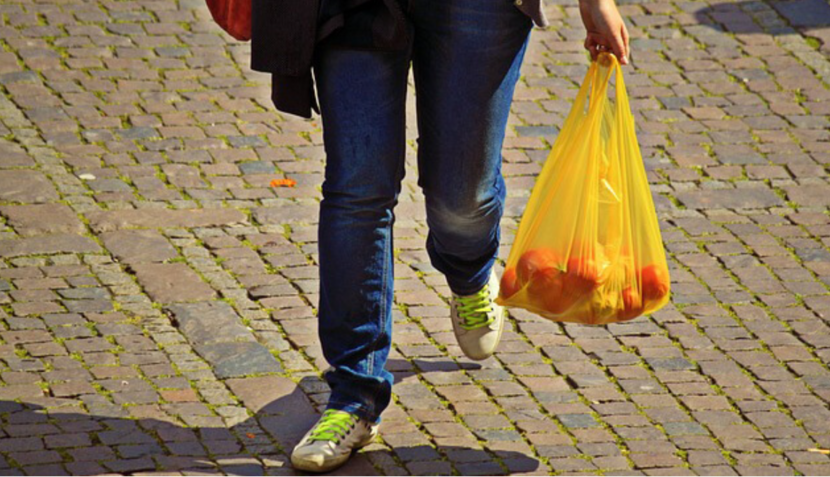
Recycled plastic, either as a result of mechanical or chemical recycling processes, is not taxable.
Amount of the tax
The tax base is the amount of single-use plastic packaging expressed in kilograms. The tax rate is 0.45 Euros per kg of non-recycled plastic. A threshold of 5 kg of non-recycled plastic packaging per month applies.
It is envisaged to collect approximately 724 million euros of revenue annually for the government.
Taxpayer
Manufacturers of products subject to the tax and those who perform intra-Community acquisitions or imports into Spain will be considered as taxpayers.
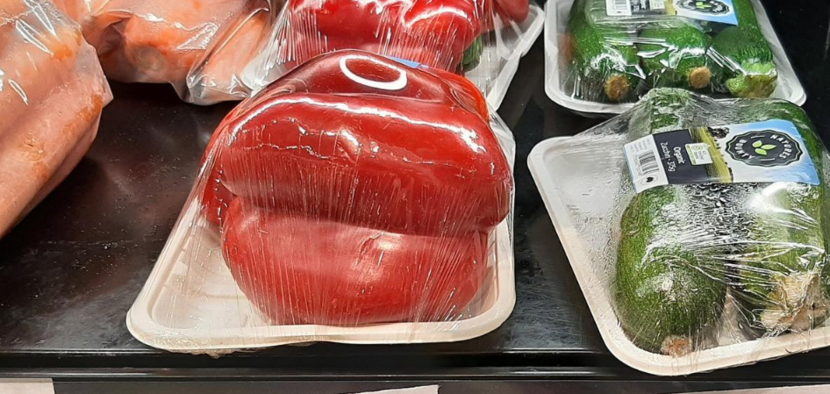
Taxpayers not established in the Spanish territory must appoint a plastic tax representative to represent them before the Tax Administration. Representatives must be duly accredited before taxable activities take place.
Implications for the fruit and vegetable sector
According to Article 7 of the royal decree, food retailers must offer buying fresh fruit and vegetables in bulk. This rule does not apply to fresh produce packed in lots of 1.5 kg or more. Nor does it apply to fruit and vegetables packed under a protected or registered variety or with an indication of differentiated quality or organic farming.
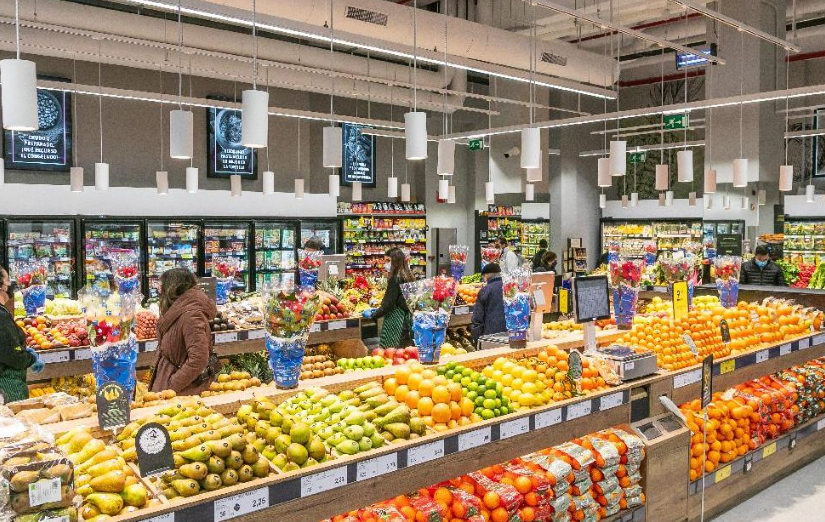
Despite many complains from the sectors, the Spanish government rejected the request to postpone the entry into force of the tax. The royal decree in force since January 1, 2023, it’s being contested by organizations from the main consumer sectors.
According to FEPEX (sectoral organization of fruit and vegetable growers and exporters), this tax will have a negative effect on the sales of fruit and vegetables. Companies will have to incur additional costs in a complex international economic context.
FPEX, like the rest of the organizations from the main consumer sectors that signed a letter to the government requesting a moratorium on the tax, declared it was determined to reduce the use of single-use plastics but stated that the tax comes at a very bad time.
More info in English Tax Agency:Excise duty on non-reusable plastic packaging (agenciatributaria.gob.es)